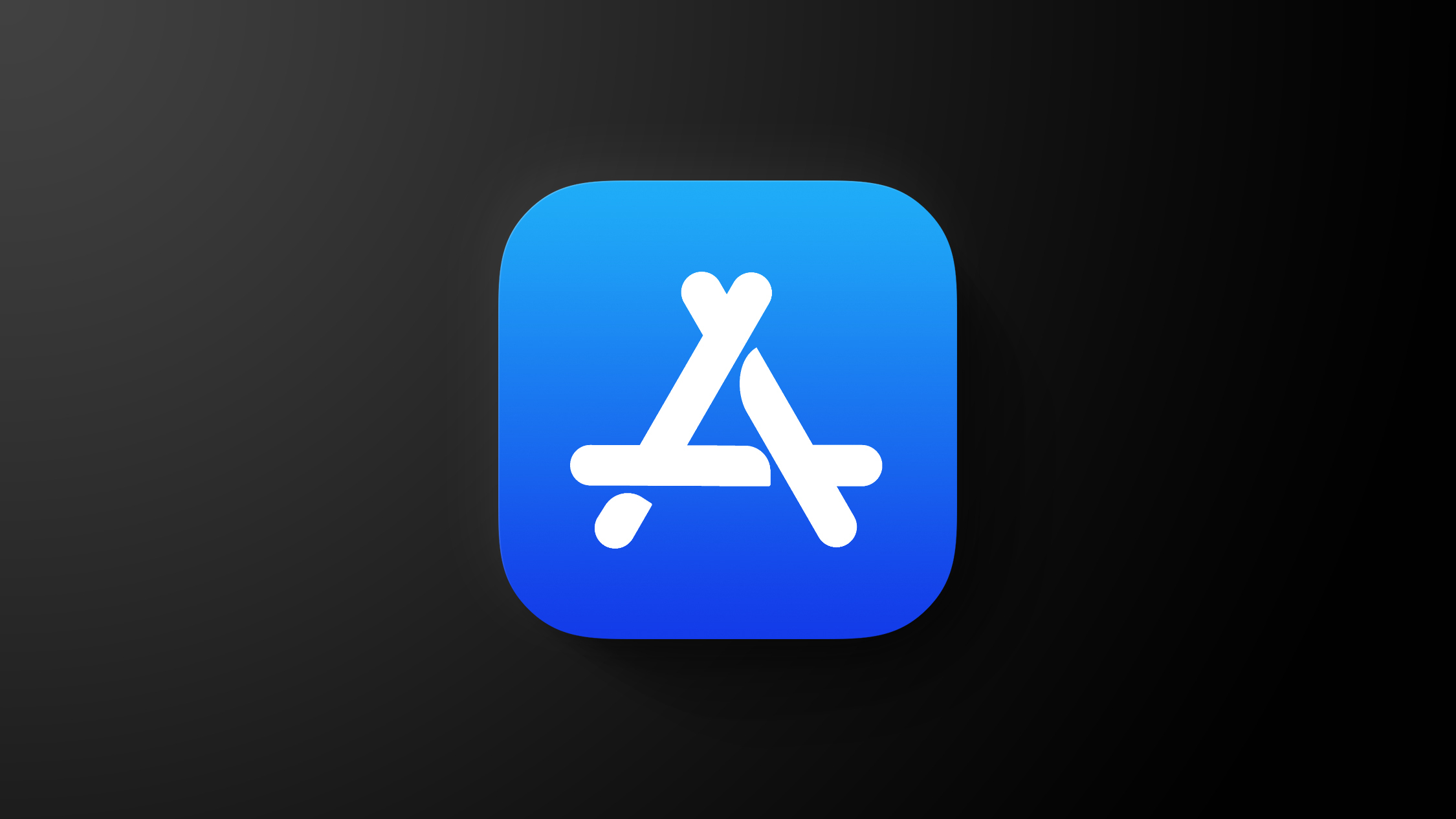![]()
The court order that required Apple to collect no fees from developers who link to purchases outside of the App Store is unconstitutional, Apple said today in a reply brief directed at Epic Games and filed with the Ninth Circuit Court of Appeals. Apple argues that it has been stripped of its rights to be compensated for its intellectual property in a ruling that sets a dangerous precedent for all companies.
Judge Yvonne Gonzalez Rogers, who has been overseeing the Apple vs. Epic Games lawsuit, first ordered Apple in 2021 to let developers add in-app links directing customers to third-party purchase options on the web. Apple didn't have to implement the changes
until 2024, and when it did, Apple charged a 12 to 27 percent fee for purchases made through links in an app. Epic Games
went back to the judge and said Apple was charging "unjustified fees" and should be held in contempt of court.
Gonzalez Rogers
agreed with Epic and said that Apple was in "willful violation" of the original order. In April 2025, Apple was given a much more specific mandate to allow linking with no fees and no control over how links are presented in an app, which was a win for Epic Games and for other app developers unhappy with paying fees to link out to the web. Apple implemented the changes, but appealed the ruling.
According to Apple, the 12 to 27 percent fee that it was charging and the rules that it had implemented around link design complied with the original order. The April ruling [
PDF] forcing Apple to implement App Store changes said that Apple had not followed the "spirit of the injunction" and had instead used a "dubiously literal interpretation," a point that Epic emphasized in its own filing with the court. In response, Apple argues that this is a weak argument that led to the injunction being expanded beyond what is permissible by law.
Apple argues that it should be able to ask for compensation for its IP protected technologies, and that the court should have forced compliance with the original injunction instead of rewriting the injunction with new terms that prohibit Apple from collecting fees.
Should the Ninth Circuit Court find the updated injunction lawful, Apple suggests that the recent Trump v. Casa Supreme Court ruling [
PDF] needs to be considered. The ruling said courts do not have the authority to issue universal injunctions that are "broader than necessary to provide complete relief" to the plaintiffs in the case. Epic Games is the only plaintiff in the case, so Apple also argues that the injunction changing the App Store rules for all developers is too broad. Apple says that the injunction should be tailored to Epic and Epic's interests alone.Apple wants the new injunction vacated, and the original injunction reconsidered to determine whether it is too broad.
As of right now, Apple is required to allow all developers in the U.S. to provide links to external websites with no restrictions on link design and no fees. If the appeals court rules in Apple's favor, Apple could change its App Store rules again to reimplement fees.
Article Link:
Apple Says App Store Changes Go Too Far in New Epic Games Appeal Filing



